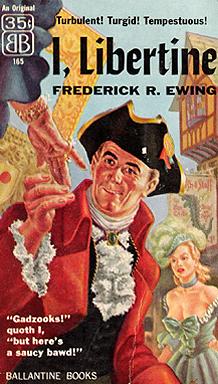apolactize
v. “to spurne with the heele” (from Henry Cockeram’s English Dictionarie of 1623)
tripudiary
adj. pertaining to dancing
Any stranger behind the scenes at Her Majesty’s Theatre on the opening night of Adeline Genée and the Imperial Russian Ballet would have been amazed (stated The Melbourne Age on Monday) at a little incident that was enacted just before Mlle. Genée made her entrance from the wings. Mr. Hugh Ward approached the great dancer, and, raising his foot, kicked her on the leg. The astonishment would have increased on it being noticed that Mlle. Genée, far from being incensed at this apparent liberty, was greatly pleased at it, and rippled with laughter. Mlle. Genée explained the incident in this way. ‘You see,’ she said, ‘while I am not exactly over-superstitious, there are still some little things I pay regard to, and one of them is that before I make my first appearance anywhere I must be given a ‘good luck kick’ prior to making my entrance. I mentioned this jokingly to Mr. Ward when I arrived in Sydney, and he said it would give him the greatest pleasure to present me with the lucky kick on the opening night of the season. So he has come all the way from Sydney to do so.’
— Adelaide Register, June 25, 1913



